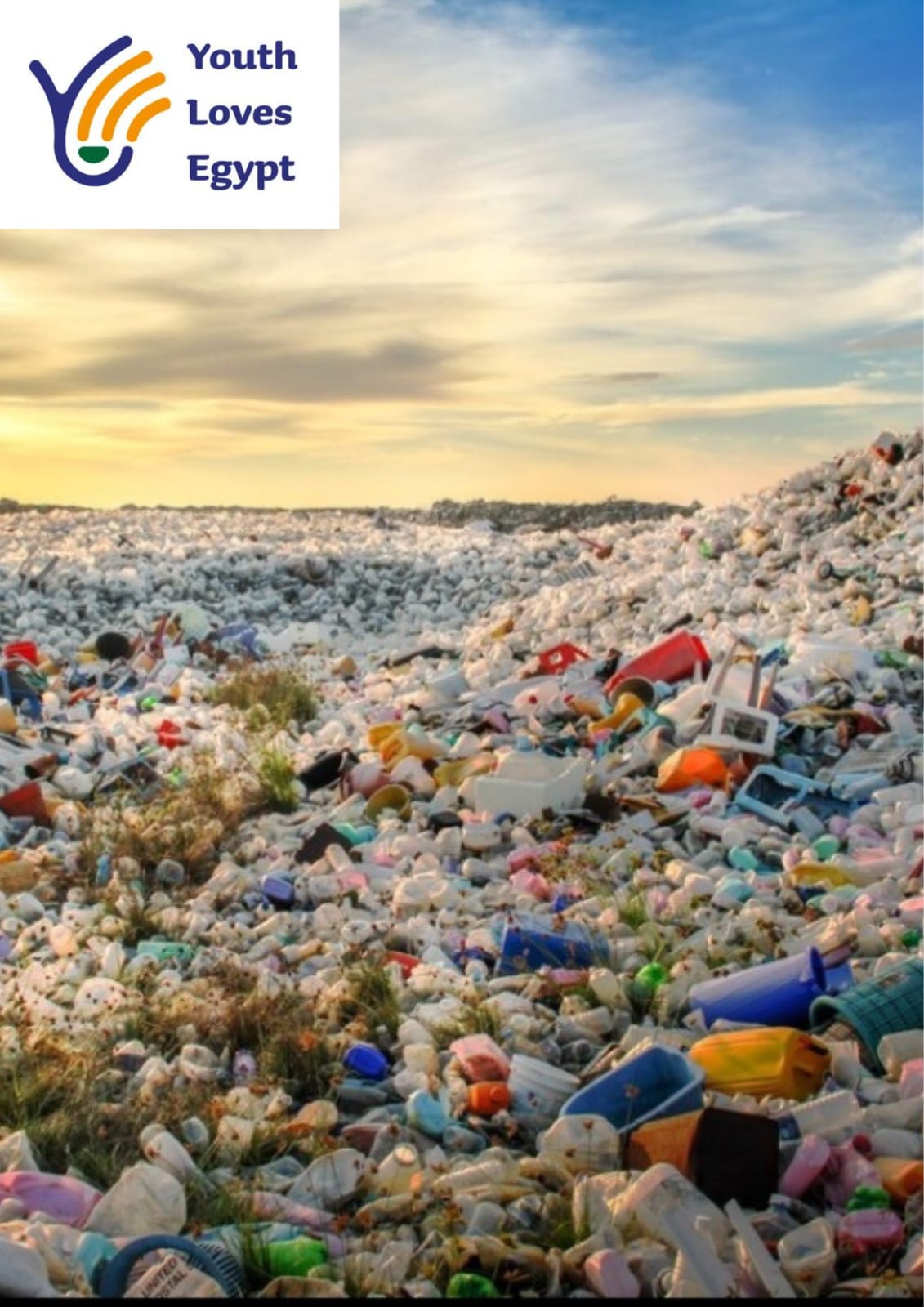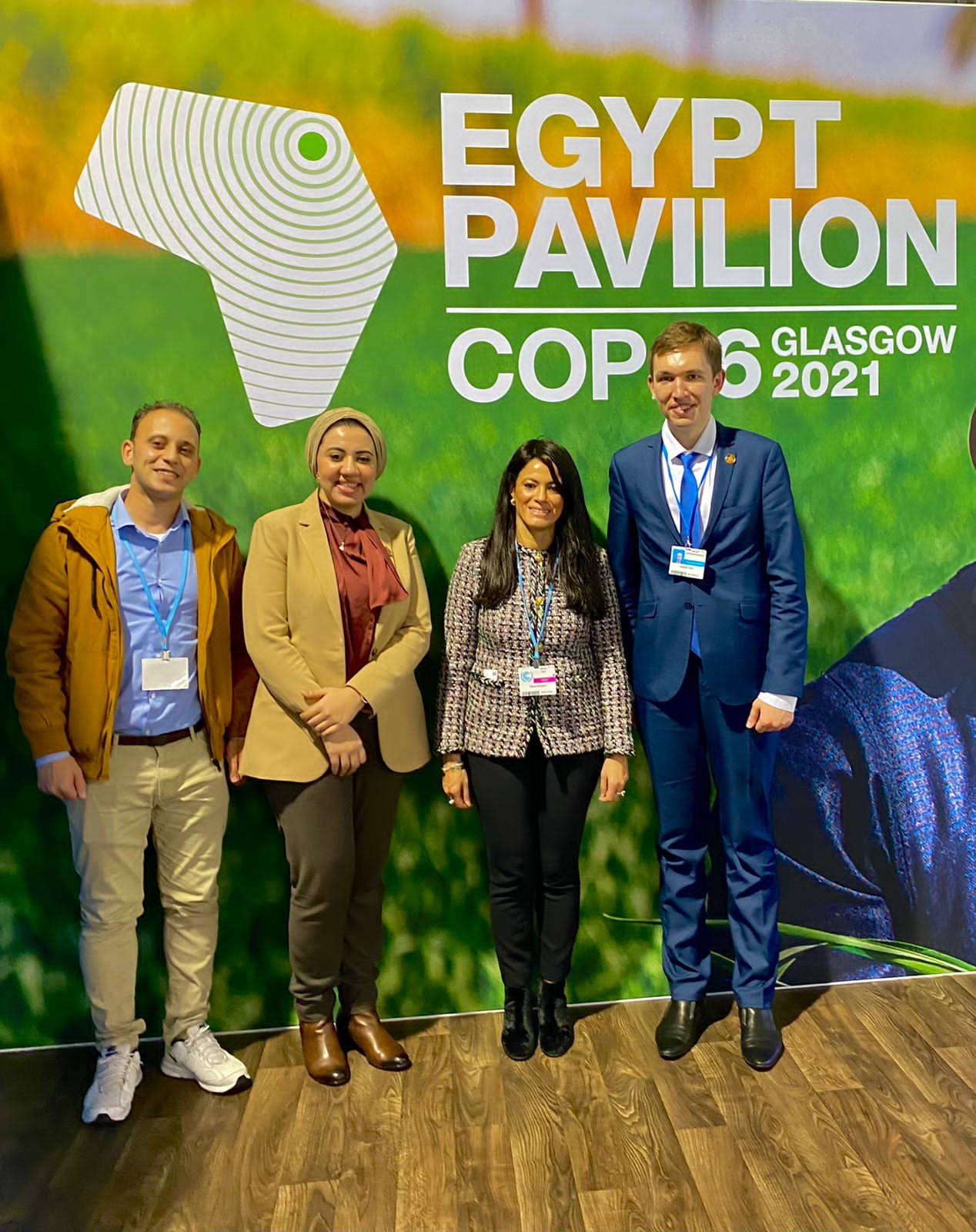Plastic waste is considered one of the most dangerous environmental challenges facing the world in the twenty-first century. These wastes have begun to accumulate massively in oceans, rivers, and natural environments alike, posing a significant threat to wildlife and human health alike. Excessive use and heavy reliance on plastic materials in various fields such as packaging, transportation, and different industries have led to an unprecedented increase in the volume of plastic waste, while recycling rates remain low compared to the huge amounts produced daily.
Under these circumstances, it has become necessary to innovate effective and sustainable solutions to manage this waste and reduce its negative environmental impact. The process of plastic recycling is one of the most prominent of these solutions, as it enables converting plastic waste into reusable materials, which helps reduce the depletion of natural resources and mitigate environmental pollution. However, this field faces many complex technical and economic challenges that hinder the effective and widespread implementation of recycling programs.
In this article, we will shed light on the current reality of plastic recycling worldwide, clarify the most prominent obstacles and challenges facing this vital industry, in terms of the diversity of plastic materials, sorting difficulties, economic costs, and insufficient infrastructure. In the future section, we will review modern ideas and advanced technologies that could contribute to improving the performance of recycling processes and expanding their scope, in addition to the role of government policies and community awareness in supporting these efforts to achieve real environmental sustainability.
The current reality of plastic recycling globally shows significant challenges despite increasing efforts. Only a very small percentage of the used plastic is recycled, with the global recycling rate not exceeding about 9% of total production. Meanwhile, more than 79% of plastic goes to landfills or is dumped in the environment, and 12% is burned. The Earth produces more than 430 million tons of plastic annually, with a rising trend towards single-use plastics, which make up about one-third of the amount produced, increasing the volume of waste and the difficulty of its management. The recycled plastics market size reached $51.10 billion in 2023 and is expected to grow to $107.13 billion by 2032, with the Asia-Pacific region dominating the market with a 60.55% share in 2023. Recycling faces technical and economic challenges, including the complexity of multiple plastic types and often uneconomic costs, in addition to limited infrastructure in many areas.
In Egypt, the reality of plastic recycling is relatively developing but still limited compared to the volume of generated waste. Sources indicate that Egypt faces challenges in effectively collecting and sorting plastic waste, with incomplete reliance on modern recycling technologies, which limits the ability to benefit from recycled plastics on a wide scale. The country has programs and initiatives to enhance awareness and improve infrastructure related to solid waste management, including plastics, but it needs greater technical and financial support to build an integrated recycling system.
Challenges faced by plastic recycling on both global and Egyptian levels include several main, complex technical, economic, and regulatory issues that directly affect the efficiency, effectiveness, and spread of recycling. First, we review these challenges and then move on to the most prominent global experiences confronting these obstacles:
Major Challenges for Plastic Recycling Worldwide
Diversity and complexity of plastic types: Many types of plastic exist with different physical and chemical properties, some of which, like multilayer or composite plastics, cannot be easily recycled using conventional technologies, complicating sorting and processing and reducing the quality of recycled material.
Contamination and mixing: Food residues, adhesives, and dirt on plastics lead to contamination of recycled materials, reducing their value and limiting their use in sensitive applications.
Economic feasibility and high costs: Recycling is expensive compared to producing new plastic, including costs of collection, sorting, transportation, and processing. Profits decline due to limited market demand for recycled materials.
Lack of appropriate infrastructure: In many countries, especially developing ones, recycling facilities are scarce and lack advanced technology to achieve high efficiency in sorting and processing.
Regulatory and policy gaps: Weak or inconsistent environmental laws and regulations, and lack of enforcement of policies like extended producer responsibility, limit the commitment of companies and consumers to recycling. Markets also lack incentives to encourage the use of recycled plastics.
Consumer behavior and lack of awareness: Consumers’ non-compliance with proper waste separation and insufficiency in community awareness reduce the quality of recycled materials and increase waste rates.
Emerging technical challenges: Chemical recycling technologies that break down plastics into their components to obtain high-quality material are still in experimental stages and require greater funding and support to operate on a wide industrial scale.
Limited quality of final products: Products made from recycled plastics are often of lower quality compared to original plastics, limiting their use in industries that require high-performance materials, such as automotive and electronics.
Challenges in Egypt
Challenges in Egypt are similar to global ones but more severe due to:
Lack of coordination and cooperation among waste-related authorities.
Weak infrastructure for the collection and sorting of plastic waste.
Reliance on traditional and sometimes inefficient recycling technologies.
Insufficient government funding and support to modernize recycling systems.
Low community awareness of the importance of recycling and correct separation practices.
Prominent Global Experiences in Facing Plastic Recycling Challenges
South Korea
Implemented a strict waste sorting system with laws requiring citizens to separate waste, along with the use of modern sorting and processing technology. Banned plastic bags.
Impact: Raised recycling rates to 31-34% and improved the quality of recycled materials.
Germany
Adopted “producer responsibility” policies and developed advanced infrastructure for factories, with financial incentives for companies using recycled materials. Issued a single-use plastic law implemented in 2023.
Impact: Clear economic and environmental sustainability in the recycling sector.
Sweden
Heavily invested in chemical recycling technologies and pyrolysis, alongside ongoing public awareness campaigns. Launched a national plan aiming to reduce consumption of plastic bags, cups, and containers and marine litter, with a commitment to net-zero greenhouse gas emissions by 2045.
Impact: Significantly reduced plastic waste leakage and provided high-quality secondary raw materials.
China (before 2018)
Received plastic waste from around the world, helping to recycle large volumes, but later closed its market to regulate its own waste. Launched a five-year plan to reduce single-use plastic production and use by 2025, promote research on biodegradable alternatives, and improve recycling and disposal systems, alongside cleaning environmentally sensitive areas.
Impact: The market closure affected global recycling flows and prompted exporting countries to seek local solutions.
Egypt
Adopted a national strategy to reduce plastic bag use, with targets set for 2025 and 2030, and implemented an extended producer responsibility system obliging manufacturers to manage the waste their products generate. Several initiatives started, including awareness campaigns and improving some sorting centers, but greater transfer of developed countries’ experiences is needed to develop infrastructure, enforce strict regulatory policies, and encourage private sector investment in modern technologies to improve the recycling system.
Addressing Plastic Recycling Challenges Requires:
- Developing advanced and efficient technologies suitable for various plastic types.
- Strengthening environmental legislations and regulations and encouraging circular economy models.
- Raising consumer and worker awareness in collection and sorting fields.
- Sustainable financial and technical support from governments and institutions.
- Adopting international cooperation models to benefit from leading countries’ experiences.





